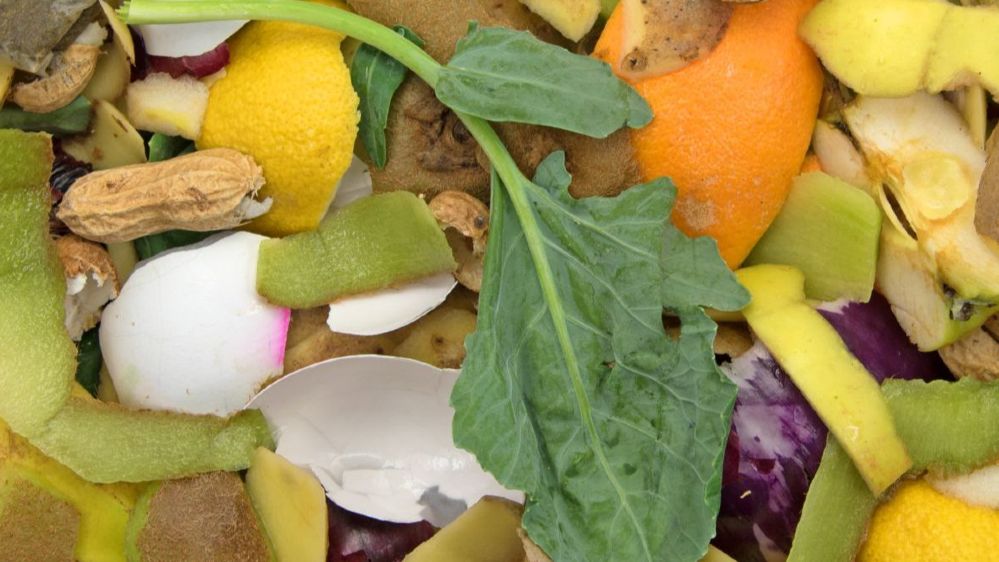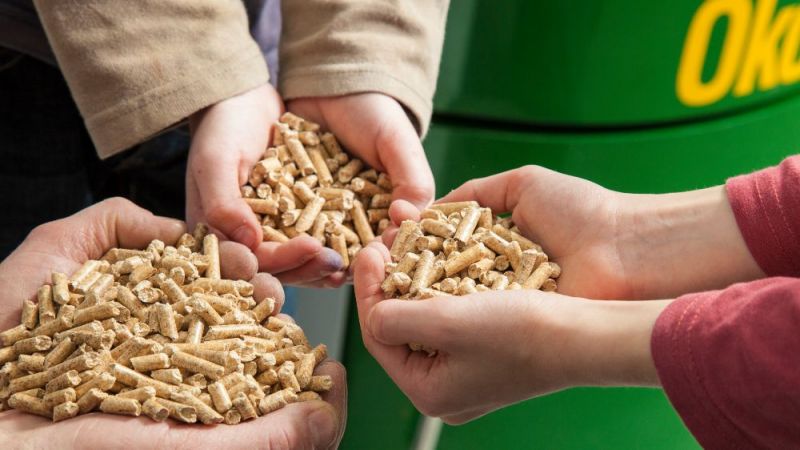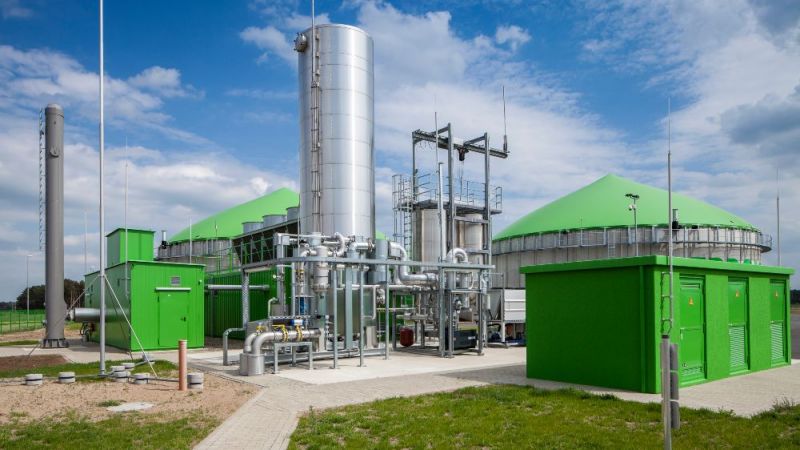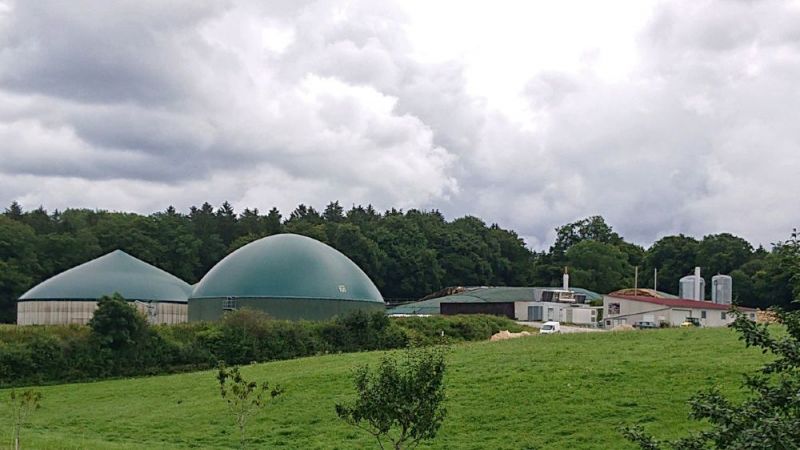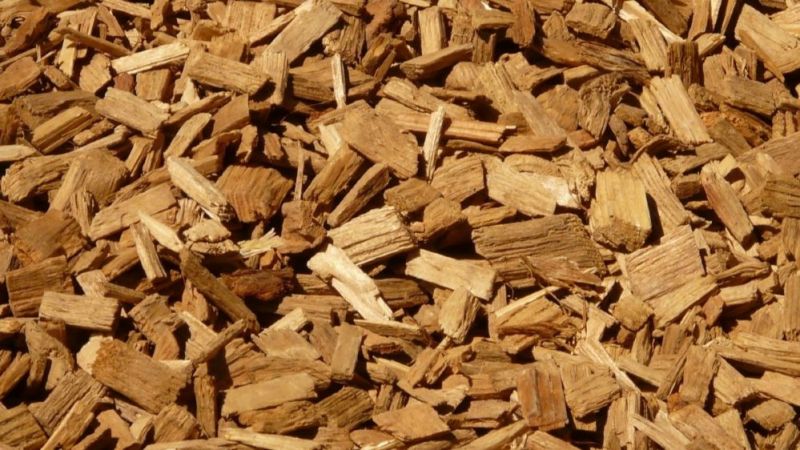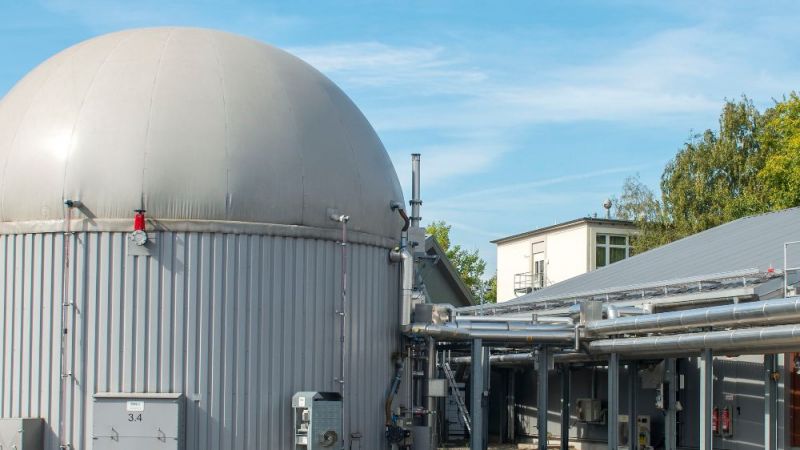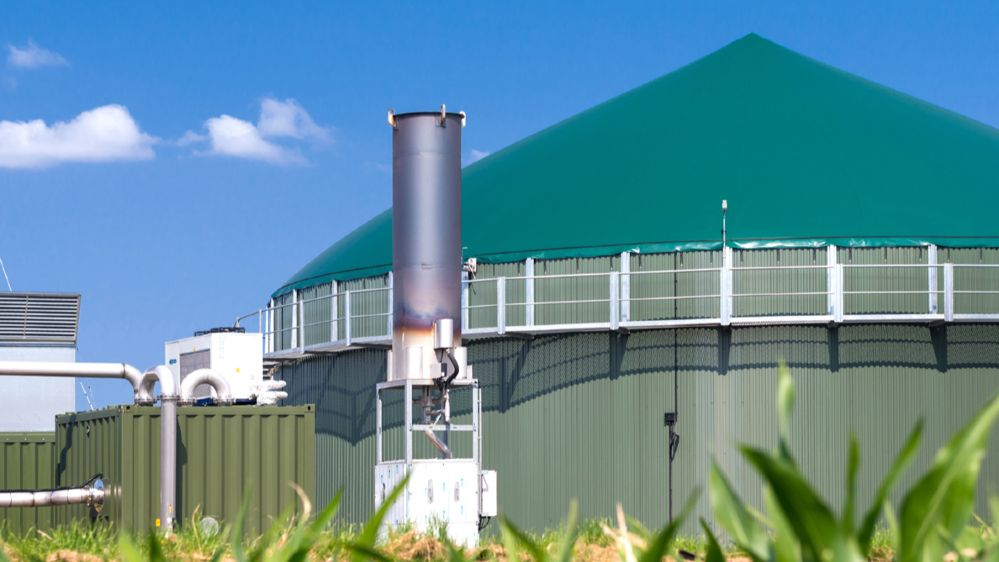
Bioenergy
Bioenergy has a great advantage over other renewable energy sources such as wind or solar energy: it is independent of weather-related influences and can be generated at the exact moment when electricity is needed. Furthermore, bioenergy can be stored very well in the form of biogas.
The funding area "Energetic use of biogenic residual and waste materials" supports the further development of the energetic utilisation of biomass, especially residual and waste materials, in order to efficiently generate green electricity. Among other things, plant components are to be optimised and plant concepts made more flexible and automated. One focus of research funding by the Federal Ministry for Economic Affairs and Climate Action (BMWK) is to integrate energy from biomass into the overall energy system.
In 2022, the BMWK approved 59 new projects on these topics and made 12.5 million euros available for this purpose. Around 10.4 million euros have been invested in 197 ongoing projects in the course of this year.
Biomass as a whole is in third place in electricity production from renewable sources behind wind energy and photovoltaics. Around 18 percent of the gross electricity from all renewable sources was produced from biomass in 2022.
Heat and power particularly efficiently when coupled
Bioenergy is also an important heat source. The energy content of biomass can be used particularly efficiently by generating power and heat or cold in combination. The funding focuses in particular on biomass-based CHP solutions (combined heat, power and cooling), the interaction of biomass and renewable electricity in power-to-X applications and the provision of biomass-based high-temperature process heat or cooling in the industrial sector.
If energy from biomass is to be integrated into the overall system, one important factor is that it should be provided flexibly. Since bioenergy can be stored well, the power generated from it is particularly suitable for system services. These are services that stabilise the power grid, for instance by maintaining the required voltage. Additionally, biogenic raw and residual materials can be used to link different sectors, such as power and transport. Treated biomass can be used to power natural gas or diesel vehicles. In the so-called biomass-to-liquid process, synthetic biofuels are produced from organic raw materials.
Bioenergy concepts for greenhouse gas and particulate matter reduction
Funding will focus on demonstration and pilot projects. They are intended to support the transfer of scientific findings into practice and to contribute to the optimisation of methods and processes. This way, emissions such as greenhouse gases or particulate matter can be reduced through innovative bioenergy concepts.
Cross-sectional issues are a relevant research area across all technology areas, as bioenergy can only be developed efficiently as an overall system. This means that interactions with the energy system, market conditions and the environment must be taken into account. For example, measurement processes and methods, energy system models, long-term strategies, sustainability and life cycle analyses must be further developed and applied. It is also essential that some new types of fuel are standardised.
Bioenergy programme support
Since 2009, the German Biomass Research Centre (DBFZ) has been responsible for accompanying scientific research for funding area 3.7 "Energetic use of biogenic residues and waste materials" of the 7th Energy Research Programme, formerly "energetic biomass use". The aim is to network science and companies within the bioenergy research network and to transfer knowledge.


